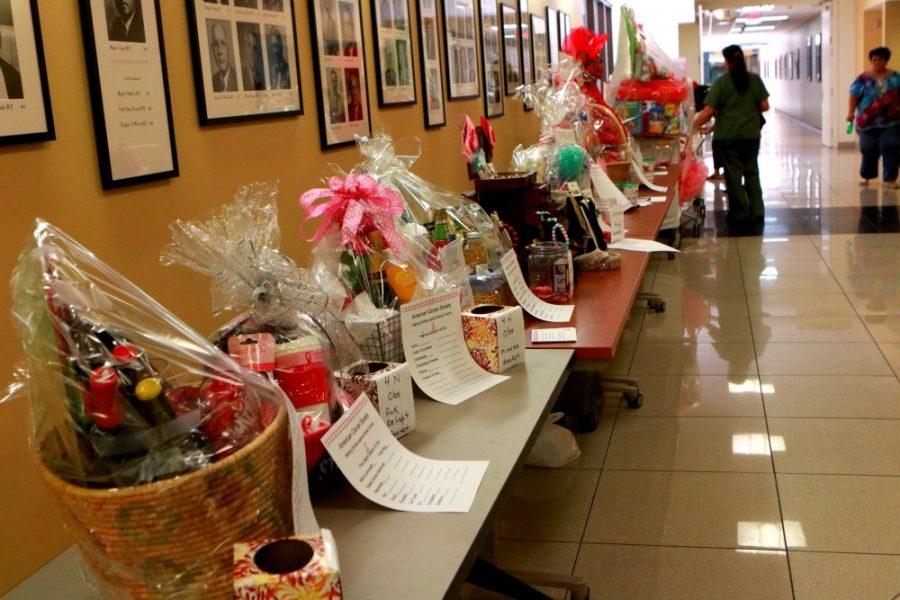The Breast Cancer Research Foundation awarded a $100,000 grant for UA professors to research breast cancer awareness in Latinas.
The grant funds the project for one year and will be used for different strategies to increase breast cancer awareness, according to co-principal investigator of the project Jorge Gomez, the associate director for the Center for Elimination of Border Health Disparities and the assistant director of cancer outreach.
“We’re very happy to be part of this particular group,” Gomez said. “This is first time that they are funding a grant that is focused on improving the health of Latinas in the U.S., so this is actually very, very important.”
Latin American women often have health disparities because they have less access to healthcare and resources like transportation, according to Terry Badger, professor in the College of Nursing and division director of the Community and Systems Health Science in the College of Nursing.
Latin American women have a lower rate of getting mammograms for the first time, and when they do get them, they don’t always get repeat mammograms, or they do not get them as frequently as the guidelines recommend, Gomez said. This can create problems in trying to diagnose cancer at earlier stages.
RELATED: UA Cancer Center celebrates 40 years
This research project isn’t about defining the problems in health disparities but rather looking at what can be done about the problems, according to co-principal investigator Usha Menon, the associate dean for Research and Global Advances in the College of Nursing.
“Everybody knows what the problem is,” Menon said. “So we wanted to get together to really take the next step. Let’s really do something. Let’s put a model in place to provide a very strong campus community partnership.”
The project is focusing on several objectives. One is to train a team of navigators to contact Latinas who have had mammograms and not followed up with another nor any recommended diagnostic work, Menon said.
When these women are contacted, the navigators can walk them through “culturally appropriate, culturally sensitive” discussions to understand what has prevented them from doing any follow-up appointments and what navigators can do to help.
As for communication, Gomez said most of the guidelines about breast cancer awareness are on the internet but that some people in “relatively medium to low socioeconomic status” don’t go on the internet each day.
RELATED: Southern Arizona ranks No. 2 in world for skin cancer
“Communication is going to be very important,” Gomez said. “Developing, then, culturally appropriate materials that allow them to understand and allow them to be educated is very important.”
From there, the project focuses on establishing a “pathway” between community clinics and UA diagnostic centers and setting up a model so people know where to go and what to do, Menon said.
When it comes to the navigators, Menon said they would look for bilingual, bicultural people who have strong communication skills.
“We’d use a similar model to really train these navigators to be able to answer the questions from the women in the community, but at the same time, to be the bridge back into the academic community and into the medical center,” she said.
The navigator part of the project should be ready to implement in around two to three months, while the partnership and the model that accompanies it should be ready in a few months, Menon said.
Menon said that, while they aren’t anticipating seeing higher screening rates immediately because “these things take time,” they are interested in setting up the process to implement services in the community and making it sustainable.
“I am very, very excited about this because this is one of those grants that allows you really to have an impact on public health, and this is what it’s all about,” Menon said.
Follow Ava on Twitter.








